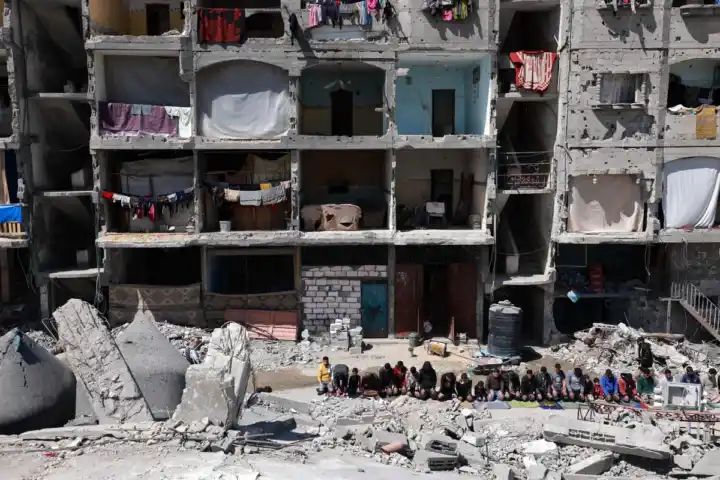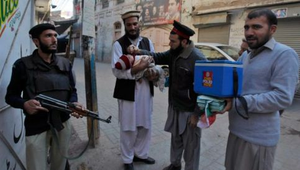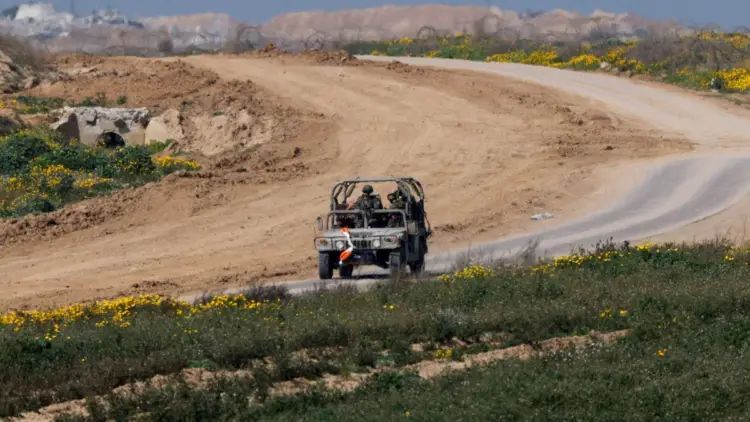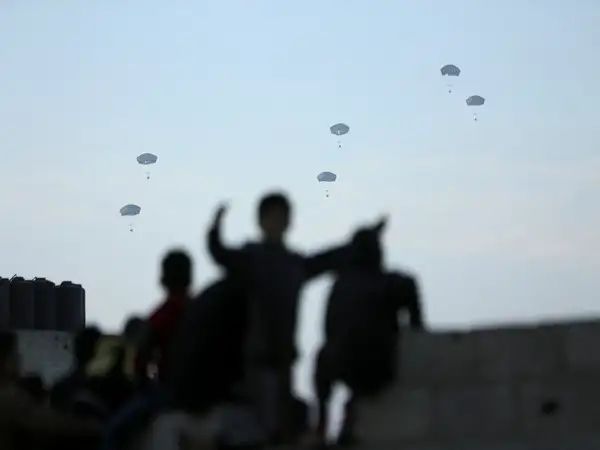In Gaza, there are no more ‘normal-sized babies’: UN official

The humanitarian situation in Gaza is a “nightmare” for mothers and babies, with doctors reporting small and sickly newborns, stillbirths and women forced to undergo C-sections without adequate anesthesia, a UN official said Friday.
“I’m personally leaving Gaza this week terrified for the one million women and girls of Gaza… and most especially for the 180 women who are giving birth every single day,” Dominic Allen, UN Population Fund (UNFPA) representative for the state of Palestine, said in a video news conference from Jerusalem.
“Doctors are reporting that they no longer see normal-sized babies,” Allen said after visiting hospitals still providing maternity services in the north of Gaza, where need is especially great.
“What they do see though, tragically, is more stillborn births… and more neonatal deaths, caused in part by malnutrition, dehydration and complications.”
The numbers of complicated deliveries are roughly twice what they were before the war with Israel began — with mothers stressed, fearful, underfed and exhausted — and caregivers often lacking necessary supplies.
“We have had reports of insufficient anesthetic being available” for Caesarean sections, “which again is unthinkable.”
“Those mothers should be wrapping their arms around their children,” he said. “Those children should not be wrapped in a body bag.”
Israel has defended its policies as it pursues its stated goal of destroying Hamas, saying the UN should send more aid to the war-ravaged territory, pushing back on reports by the UN and NGOs that cumbersome Israeli inspections are blocking food and other essentials.
Allen said Israeli authorities had refused to allow in some UNFPA supply shipments, such as kits for midwives, or had removed supplies like flashlights and solar panels.
“It’s a nightmare which is much more than a humanitarian crisis,” he said. “It is a crisis of humanity… beyond catastrophic.”
What he saw while driving through Gaza, he said, “really broke my heart.”
Everyone he passed or spoke to, Allen said, “was gaunt, emaciated, hungry” and exhausted from the daily struggle to survive.
At one military checkpoint, he said, he saw a boy who appeared to be about five years old walking with his hands held high, clearly frightened, as his slightly older sister followed behind, holding a white flag.
The war began October 7 when a surprise attack by Hamas militants resulted in about 1,160 deaths in Israel, mostly civilians, according to an AFP tally of official figures.
Israel’s retaliatory campaign has killed at least 31,490 people in Gaza, most of them women and children, according to the health ministry.





